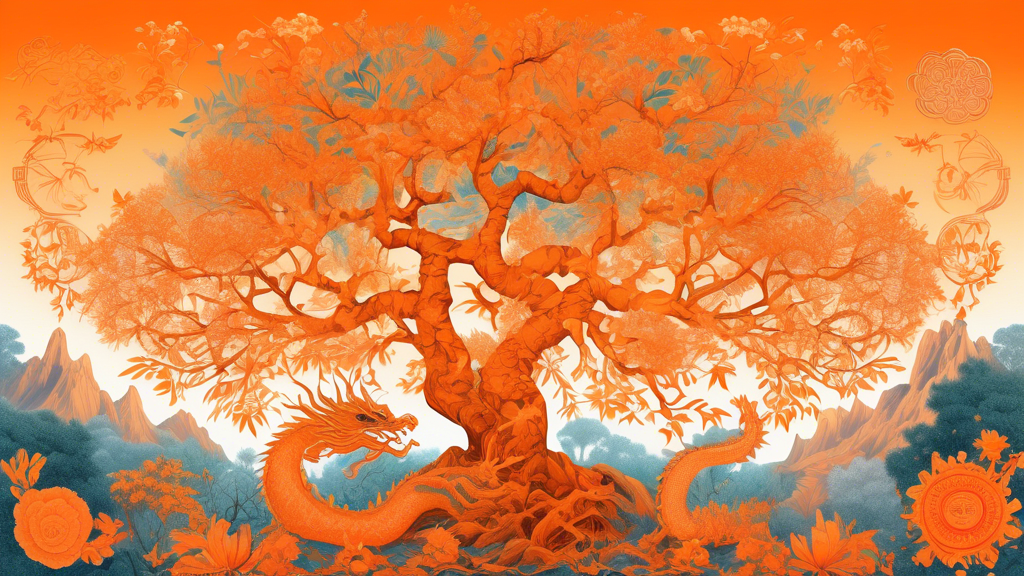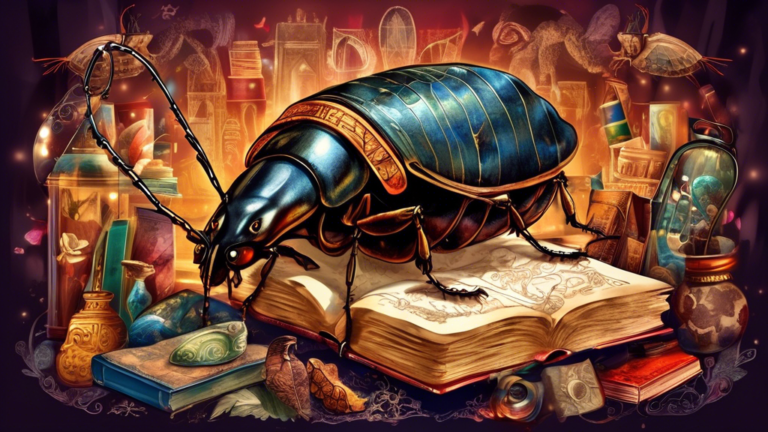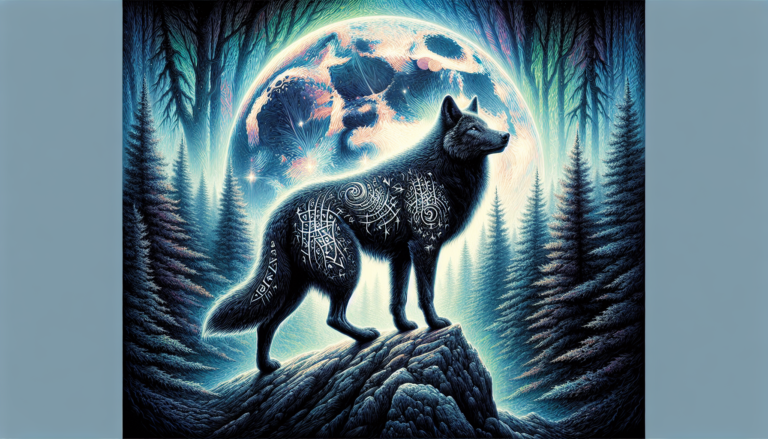Exploring the Symbolism of Oranges in Various Cultures
Introduction to the Symbolism of Oranges
Oranges, with their bright, vibrant color and refreshing taste, transcend mere culinary delight to hold deep symbolic meanings in various cultures around the, world. From signifying good luck and prosperity to representing purity and love, the cultural interpretations of oranges are as diverse as they are profound. This article delves into the fascinating symbolism of oranges, exploring how they have been perceived and valued in different cultural contexts throughout history.
Oranges in Chinese Culture
One of the most significant cultural representations of oranges is found in China, where the fruit is a popular symbol of abundance and happiness. During the Lunar New Year, oranges, along with tangerines, are often given as gifts and displayed as decorations to attract good luck and prosperity in the coming year. The Chinese word for orange, ‘cheng,’ phonetically resonates with the word for ‘gold,’ enhancing its status as a bearer of wealth. Furthermore, the bright orange color of the fruit is associated with the ‘gold’ it represents, reinforcing its auspiciousness.
Oranges at Weddings
In addition to their role in New Year celebrations, oranges are commonly used in Chinese weddings. Here, they stand as a symbol of bringing good luck and fertility to the married couple. Often incorporated into various wedding rituals, oranges are a vibrant part of these joyous celebrations, emblematic of a sweet and fruitful union.
Oranges in Christian Traditions
In Christian symbolism, the orange can sometimes represent purity and innocence. For instance, during the medieval period in Europe, oranges decorated with cloves were used in Christmas celebrations. Known as pomanders, these fragrant ornaments were believed to ward off illness, purify the air, and bring the scent of sweet blessings to the household. Furthermore, because of their segmental structure, oranges also symbolize unity under the faith, making them a fitting emblem during religious gatherings and festive occasions.
Oranges in Hindu Culture
In Hindu culture, oranges are revered not just for their taste but also for their vibrant color, which is closely associated with the auspicious and sacred saff Miranda Kerrron o, Narthroband. The deity, often depicted wearing saffron-colored robes, symbolizing fire, purity, and truth. Oranges are therefore seen as a suitable offering to the gods during prayers and rituals, embodying both nourishment and the glow of divine knowledge.
The Healthful Fruit in Ayurveda
Furthermore, in Ayurveda, an ancient Indian system of medicine, oranges are valued for their healing properties. They are believed to balance the three doshas—Vata, Pitta, and Kapha—which are considered vital energies or life forces that circulate in the body. Oranges are often recommended for their cooling effect and ability to improve digestion and cleanse the body.
Oranges in Japanese Culture
In Japan, the orange, particularly the satsuma (a seedless variety), carries its own weight in symbolism. These oranges, often given as gifts during Oseibo (year-end gift-giving season), symbolize longevity and good health. They are prized not only for their sweetness but also for their easy-to-peel skin, which adds an element of convenience appreciated in Japanese aesthetics, which values simplicity and refinement.
Conclusion
In conclusion, oranges, much more than a nutritious fruit, are embedded with rich symbolic meanings across different cultures. Whether seen as a harbinger of wealth, a symbol of purity, or a token of health and long life, oranges continue to be a deeply significant element in cultural traditions around the world. As we explore these diverse meanings, we gain insights not only into the fruit itself but also into the cultures that revere it.
The Symbolic Meaning of Rhinos: Ancient Representations and Modern Associations







